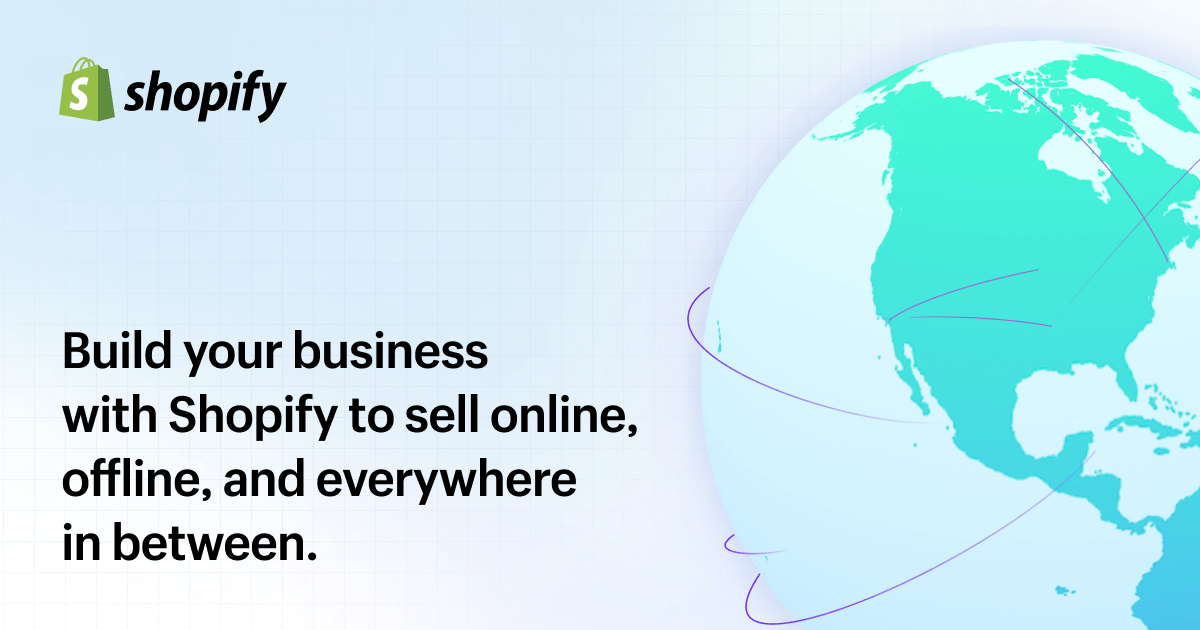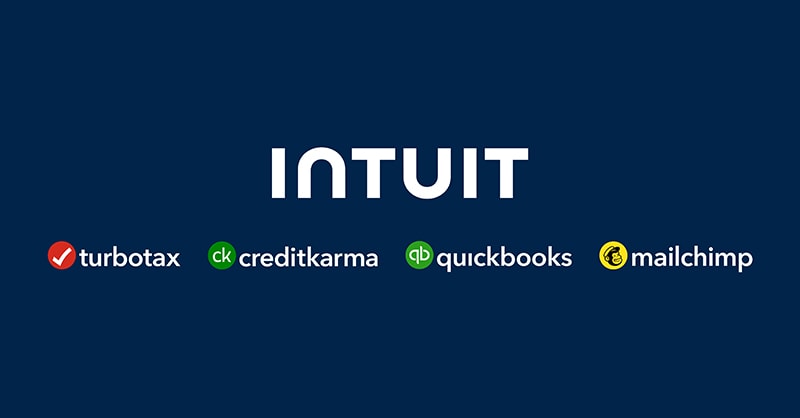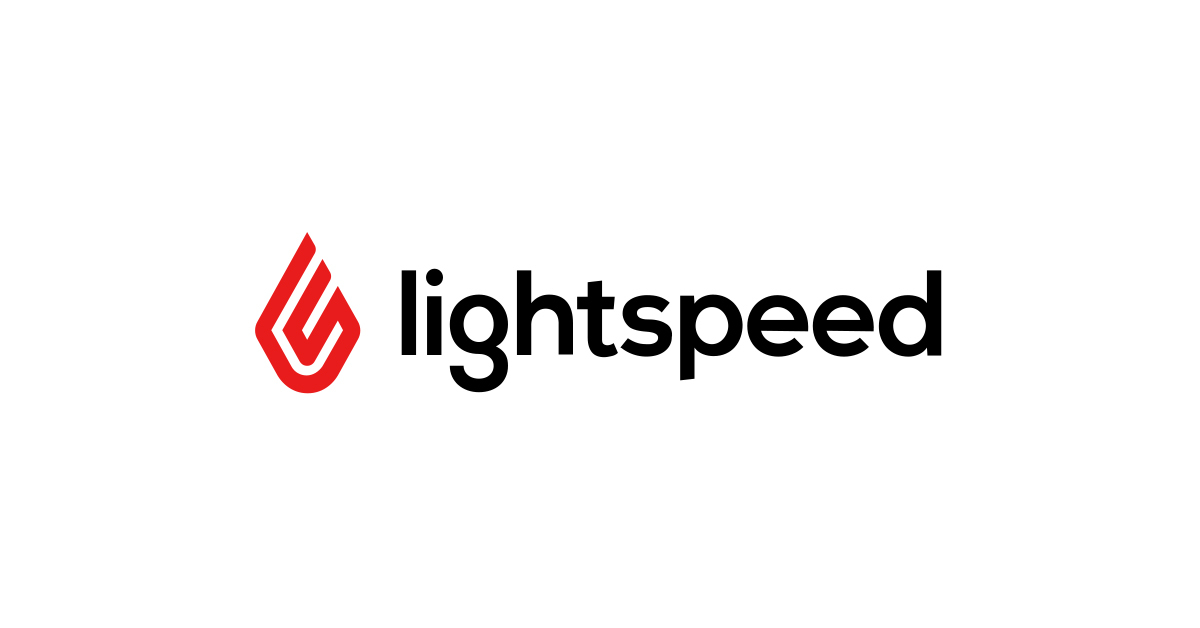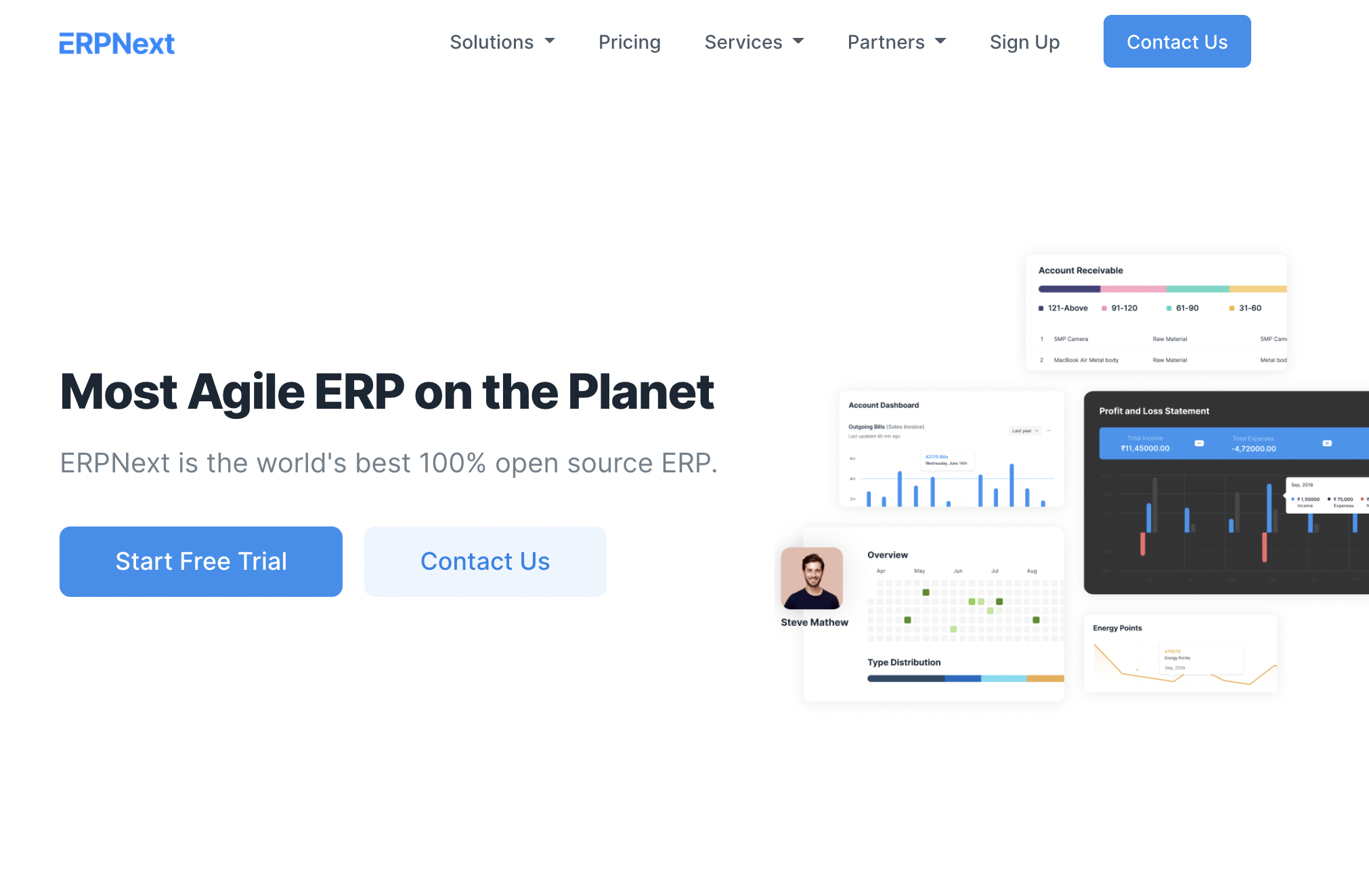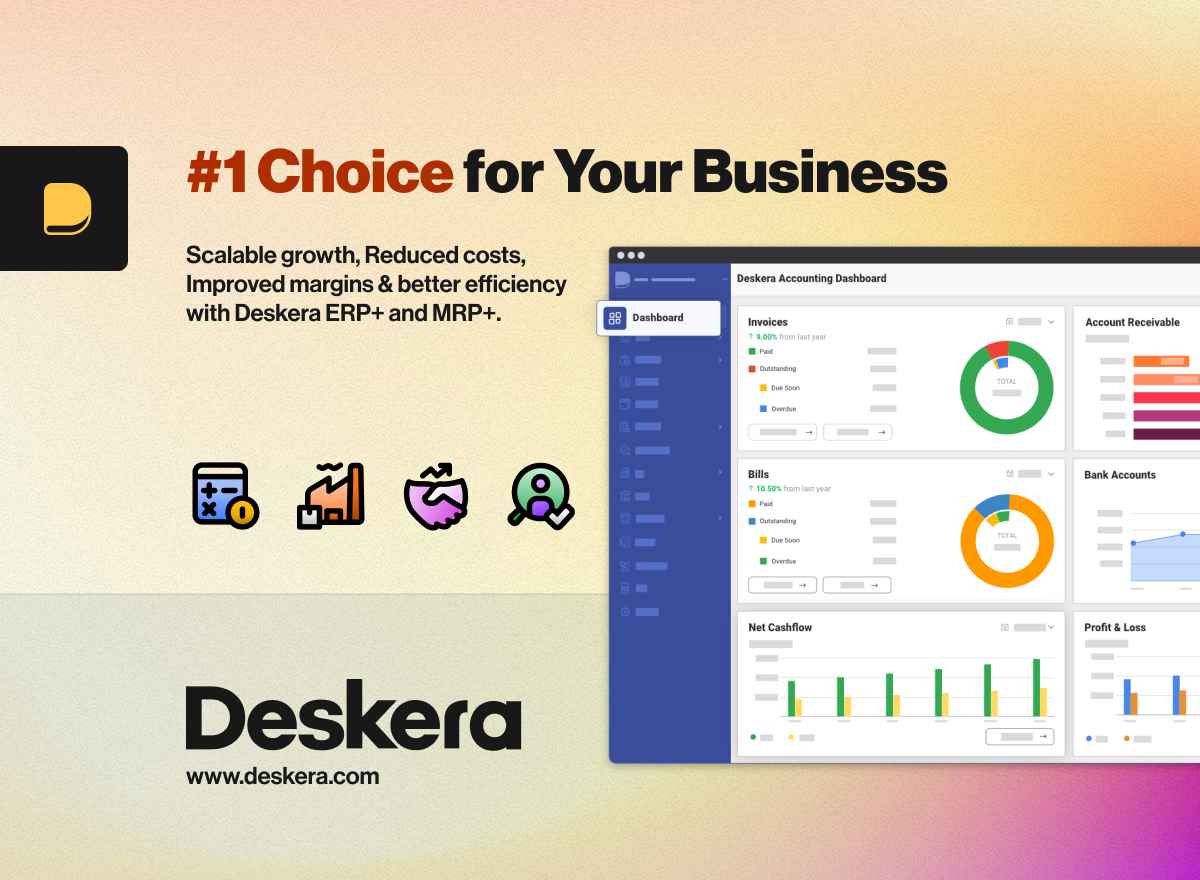Introduction
Effective inventory management is crucial for businesses of all types and sizes. Whether you operate an e-commerce store, run a manufacturing plant, or own a retail shop, having visibility and control over stock levels, product movement, and order fulfillment is essential. In today’s on-demand economy, customers expect lightning-fast shipping and accurate order status updates. This makes inventory management software an invaluable tool for meeting customer expectations and running an efficient operation. This blog post reviews 15 top inventory management solutions to help you find the right fit based on your specific business needs and budget.
Methods of Evaluation
To evaluate and rank the top inventory management software options, we considered several key factors: features and functionality, pricing and plans, customer reviews and ratings, number of customers, integrations and APIs, online resources and support, and popularity based on online presence factors like backlinks, website traffic, and Google Trends keyword data. We looked at each company’s offerings for inventory tracking, purchase orders, multiple location management, barcode labeling, reporting and analytics, as well as specialized features suited for particular industries like manufacturing, retail, or e-commerce.
1. Shopify POS
Shopify POS is inventory and point-of-sale software developed by Shopify, a Canadian e-commerce company. Shopify POS allows merchants to manage sales across physical and online stores from a single platform.
Pros: Some key advantages of Shopify POS include:
– Omnichannel sales capabilities allowing orders to be fulfilled from any sales channel
– Easy to set up and manage the entire system from a single dashboard
– Provides customizable inventory and sales reports to track business performance
– Tight integration with Shopify’s ecommerce platform for a unified order management experience
Cons: A potential disadvantage is that merchants are reliant on Shopify for software updates and support since it is a proprietary solution compared to some open-source POS alternatives.
Pricing: Shopify POS pricing starts at $79 per month for basic features. Additional fees apply for add-ons like loyalty programs, additional employees, and hardware like card readers and receipt printers.
Some key stats about Shopify POS include:
– Used by over 1 million merchants worldwide
– Supports both online and physical point-of-sale
– Integrates fully with the Shopify ecommerce platform
– Available on iOS and Android devices
2. QuickBooks
QuickBooks is an accounting software package developed and marketed by Intuit. As one of the most popular accounting software options, QuickBooks offers an all-in-one solution for tracking finances, managing inventory, billing clients, and more. Their inventory management add-on allows businesses to easily track inventory levels, generate reorder reports, and more.
Pros: Some key advantages of QuickBooks Inventory Management include:
– All-in-one accounting software with inventory module easily added on.
– Simple and easy to use interface for tracking inventory.
– Robust reporting including common inventory reports.
– Integrations with other QuickBooks tools like Point of Sale.
Cons: A potential disadvantage is that as standalone inventory management software, there are more robust options specifically focused on inventory. However, as an add-on to QuickBooks’ full-featured accounting platform, the inventory module delivers solid functionality for most small businesses.
Pricing: Pricing for QuickBooks Inventory Management depends on the QuickBooks plan purchased. For Pro/Premier subscriptions starting at $15-$40/month, the inventory add-on is an additional $15-$40/month. Larger Enterprise solutions are also available for more advanced inventory needs.
Some key stats about QuickBooks Inventory Management include:
– Over 4 million businesses use QuickBooks for inventory tracking.
– QuickBooks Inventory supports tracking for over 500,000 inventory items.
– Their mobile app allows real-time updating of inventory from anywhere.
– Integration with QuickBooks Point of Sale for seamless inventory updates at checkout.
– Reports like Inventory Valuation Summary help keep finances and inventory in sync.
3. SAP
SAP is a German-based software company known best for its enterprise resource planning (ERP) and inventory management software offerings. Founded in 1972, SAP is one of the largest software companies in the world with over 345,000 customers in over 180 countries using SAP solutions. For over 50 years, SAP has been developing robust inventory management solutions to support some of the largest enterprises globally.
Pros: Some key advantages of SAP’s inventory management software include:
– Being part of SAP’s broader ERP platform provides deep system integration.
– Global multi-location inventory tracking in a single database with multi-language and multi-currency support.
– Industry-specific configurations for retail, manufacturing, distribution and other verticals.
– Advanced analytics and forecasting capabilities to optimize inventory levels.
Cons: A potential disadvantage of SAP’s inventory management solution is its high implementation and license costs for larger enterprises due to it being an enterprise-grade platform.
Pricing: Pricing for SAP’s inventory management software depends on the specific modules, configurations, services and support required. As an enterprise platform, customers can expect annual license, support and maintenance costs in the six-figure range and above, depending on the size, complexity and specific needs of their business.
Some key stats about SAP’s inventory management solution include:
– Over 80,000 customers worldwide use SAP for inventory management across various industries.
– SAP supports tracking inventory across multiple warehouses, international distribution centers and stores.
– Real-time visibility into inventory levels, movements and projections globally.
– Advanced replenishment and procurement capabilities.
4. BigCommerce
BigCommerce is a leading SaaS ecommerce platform for growing businesses. Founded in 2009, BigCommerce powers online stores for over 60,000 B2C and B2B brands. With a focus on providing an all-in-one solution, BigCommerce offers features such as inventory management, reporting, and integrations.
Pros: Some key advantages of BigCommerce include:
– Omnichannel commerce capabilities to sell online and in-store
– Robust inventory management features to track stock levels and suppliers
– Powerful reporting and analytics to optimize sales and marketing
– Integrated POS system for click-and-collect and in-store payments
– Extensive API and customizable templates
Cons: One potential disadvantage is the platform may not offer as much flexibility through custom code compared to alternative headless platforms.
Pricing: BigCommerce offers several paid subscription plans starting from $29.95/month for Standard plan to $299.95/month for Enterprise plan. Custom plans are also available for large enterprises. Additional fees apply for premium apps and services.
Some key stats about BigCommerce include:
– 60,000+ online stores
– $30 billion in annual sales processed
– Integrations with over 250+ apps
– Winner of Forbes Cloud 100 five years in a row
5. SproutOps
SproutOps is a leading inventory management software developed by Sprout Social. As one of the most popular social media management platforms, Sprout Social brings its expertise in social media to the inventory management space with SproutOps. SproutOps provides merchants with a comprehensive solution to manage inventory across multiple sales channels.
Pros: Some key advantages of SproutOps include social commerce management capabilities, the ability to manage inventory for multiple products and sales channels from a single platform, real-time syncing of inventory levels between channels to prevent overselling and out of stock issues, and integrated CRM features to get a unified view of customers and their purchase history.
Cons: A potential disadvantage is that as it is targeted more towards social commerce capabilities, the core inventory management features may not be as extensive as other dedicated inventory management platforms.
Pricing: SproutOps pricing starts from $99 per month for the basic ‘Essential’ plan for up to 3 users and 10,000 products. It also offers a ‘Standard’ plan from $199 per month and an ‘Advanced’ plan from $299 per month for additional features and support.
Some key stats about SproutOps include: ability to manage inventory for over 10,000 SKUs, support for multi-channel inventory including online stores, marketplaces and POS, real-time syncing of inventory levels between all sales channels, integrated CRM to track customer orders and purchase history.
6. Lightspeed
Lightspeed is a leading cloud-based POS and inventory management software. Originally founded in 2005, Lightspeed provides integrated solutions for retailers, restaurants and other merchants. With Lightspeed, businesses can manage their point-of-sale, inventory, customer and employee data all from one integrated cloud-based platform.
Pros: Some key advantages of Lightspeed include: – Point of sale and e-commerce integration allowing multi-channel management – Built for multi-location businesses with centralized control and customizable permissions – Customizable labeling and barcoding capabilities to better track inventory levels – Powerful reporting tools to gain insight into sales, inventory and customer purchase trends
Cons: One potential disadvantage is that the platform is exclusively cloud-based which requires a reliable internet connection to utilize all features fully.
Pricing: Lightspeed offers various pricing plans depending on the needs of the business. Basic plans start at $79/month for a single location or user. Additional locations or users can be added for $49/month. Premium plans with additional features are also available and pricing is customized based on business size and requirements.
Some key stats about Lightspeed include: – Over 80,000 customer locations in over 100 countries – Processes over $30B in annual sales – Integrates with over 200+ third-party apps via Lightspeed App Marketplace
7. Infor
Infor is a leading provider of industry-specific cloud-based ERP solutions. Founded in 2002, Infor offers specialized ERP software preconfigured for over 60 industries including manufacturing, distribution, healthcare, public sector, retail and more. With over 68,000 customers worldwide, Infor prides itself on delivering simplified ERP systems that are tailored to the unique needs of specific industries.
Pros: Key advantages of Infor’s inventory management software include:
– Extremely scalable and customizable for warehouses of all sizes
– Advanced features like AI/ML-driven demand forecasting
– Strong ERP/supply chain integration capabilities
Cons: A potential disadvantage is that as a larger ERP vendor, implementation timelines may be longer for Infor compared to smaller focused solutions.
Pricing: Infor offers flexible pricing models including perpetual licenses, subscription/SaaS pricing depending on the specific solution. Pricing varies based on number of users, modules selected and support/services required for implementation.
Some key stats about Infor’s inventory management solution include:
– Over 15,000 customers in over 100 countries use Infor’s ERP solutions for inventory management.
– Infor’s solutions support multinational/global enterprises with inventory in multiple locations and currencies.
– Infor offers AI/ML capabilities for areas like demand forecasting, replenishment and optimization.
8. Epicor
Epicor is an enterprise resource planning software provider that offers robust inventory management capabilities. Founded in 1972 and headquartered in Austin, Texas, Epicor serves over 20,000 customers in over 150 countries. With over 45 years of experience in inventory and supply chain management, Epicor has strong expertise building software for manufacturers and distributors.
Pros: Main advantages of Epicor’s inventory management software include fully integrated inventory, order and warehouse management; supports complex processes like MRP and outsourced manufacturing; strong manufacturing focus and scalability; customizable reports and dashboards; and robust multi-site and multi-location capabilities.
Cons: A potential disadvantage is the upfront cost, as Epicor targets larger enterprises and its pricing reflects its robust feature set and capabilities. Implementation services can also be expensive given the depth of functionality.
Pricing: Epicor does not publicly disclose pricing, but as an on-premise or cloud-based ERP solution targeting large businesses, initial licensing and implementation costs typically range from tens of thousands to hundreds of thousands of dollars depending on the number of users, modules, customization requirements and other factors. Ongoing maintenance and support fees generally average around 20% of initial license fees annually.
Some key stats about Epicor’s inventory management solution include: supports over 20 industries out of the box; handles complex processes like MRP, outsourced manufacturing and configure-to-order; integrates with financials, CRM and e-commerce; and scales from small businesses to the largest global enterprises.
9. InsightSoftware
InsightSoftware is finance-owned software that leverage your existing financial systems to speed-up processes, increase accuracy,and encourage wider participation. With over 30 years of experience, InsightSoftware offers flexible reporting tools, fast analytics dashboards, and controlled budgeting solutions inside of Excel and on the web that connect with 140+ ERP & EPM solutions to get the data you need in the way you want it.
Pros: Some key advantages of InsightSoftware include:
– Robust ERP-based solution for manufacturers with advanced supply chain integration
– Advanced demand planning and MRP features for optimized inventory management
– Flexible reporting and analytics dashboards for fast insights into financial and operational KPIs
Cons: A potential disadvantage is that as an ERP-based solution, it may not be as flexible for companies not using one of the supported ERP systems out of the box.
Pricing: InsightSoftware offers flexible pricing models including on-premise perpetual licenses and SaaS/cloud-based subscription licenses starting at $5,000 per user annually. Custom pricing is available for larger deployments.
Some key stats about InsightSoftware include:
– Over 3,000 customers worldwide
– Integrates with over 140+ ERP systems including SAP, Oracle, and Workday
– 30+ years of experience in financial planning and analysis solutions
10. ERPNext
ERPNext is an open source ERP software developed by Frappe Technologies Pvt. Ltd. It is one of the most popular open source ERP solutions available for businesses today. ERPNext supports integrated functionality for accounting, CRM, inventory management, HR, manufacturing and many more business processes.
Pros: Some key advantages of ERPNext include:
– Highly customizable to meet unique business needs
– Robust inventory management tools for tracking stocks, shipments etc.
– Real-time business insights with built-in analytics and powerful reporting
– Advanced user permissions for role-based access control
– Integrates easily with other business apps like Shopify, Xero etc.
Cons: One potential disadvantage is that, as open source software, it lacks dedicated phone and email support for free plans. Paid plans offer priority email support from the development team.
Pricing: ERPNext offers both free and paid hosting plans:
– Free Plan: Suitable for small teams with limited functionality
– Standard Plan: Starts at $30/user/month for full functionality and priority support
– Custom Enterprise Plans: Pricing varies based on requirements
Some key stats about ERPNext include:
– Used by over 100,000+ companies worldwide
– Available in over 30+ languages
– Supports industries like manufacturing, distribution, retail, services and more
– Integrates with over 50+ apps for additional functionality
– Free and paid hosting plans available
11. Flow
Flow is an inventory management software that provides a feature-rich system for managing warehouse operations and inventory. As an all-in-one solution, Flow offers robust capabilities to handle complex fulfillment needs for businesses of all sizes.
Pros: Some key advantages of using Flow include:
– Feature-rich warehouse and inventory management system
– Robust capabilities for complex fulfillment needs
– Seamless integration with major ecommerce platforms
– Real-time inventory updates across all sales channels
Cons: One potential disadvantage is that the more advanced features may not be as useful for very small businesses or those with simple inventory needs.
Pricing: Flow offers four pricing tiers starting at $49/month for the Basic plan ideal for small businesses. Premium plans with additional features start at $99/month for the Standard plan.
Some key stats and facts about Flow include:
– Used by over 5,000 businesses worldwide
– Integrates seamlessly with major ecommerce platforms like Shopify, BigCommerce, and Magento
– Real-time inventory tracking across all sales channels
– Advanced fulfillment features like bin location management, lot/serial tracking, and pick/pack slip creation
12. Keepa
Keepa is an Amazon price tracker that helps e-commerce businesses monitor and track inventory levels, prices, sales rank and other key metrics across marketplaces like Amazon, eBay and more in real-time. Founded in 2011 and based in Seattle, Washington, Keepa provides automated tracking and alerts to help sellers optimize listings, identify pricing opportunities and avoid issues like out-of-stock products.
Pros: Some key advantages of Keepa include:
– Real-time tracking across multiple sales channels like Amazon, Walmart, and eBay
– Automated pricing alerts to avoid overselling or out-of-stock situations
– Browser extensions for Chrome and Firefox for easy one-click monitoring
– Powerful API for custom integrations and automation
Cons: The main disadvantage is that it only tracks public product data available on Amazon, so some internal metrics may not be reflected. Paid plans also have limited data points included.
Pricing: Keepa offers a free basic version with limited functionality. Paid professional plans start at $49/month for up to 100 ASINs tracked and increase up to $299/month for unlimited ASIN tracking.
Some key stats about Keepa include:
– Over 500,000 active users
– Tracks pricing data for over 100 million Amazon products
– Provides price charts and graphs going back up to 10 years
– Requires no downloads or software installation – all tools are web-based
13. SpotOn
SpotOn is an all-in-one business management platform designed specifically for restaurants and retail stores. Founded in 2011, SpotOn has grown to support over 50,000 locations across the US and Canada. Their restaurant POS and retail management system streamlines operations for small businesses through integrated inventory, employee, and payment solutions.
Pros: Some key advantages of SpotOn include:
– Comprehensive restaurant POS and retail management system in a single platform
– Built-in inventory management to easily track products and place reorders
– Employee scheduling and timeclock to manage labor costs
– Table management for restaurants to handle reservations and seating
– Integrated payment processing to accept all major credit/debit cards
Cons: One potential downside is that the pricing can be higher than some other POS systems. However, SpotOn aims to provide more features in a single platform compared to competitors.
Pricing: SpotOn offers flexible pricing plans ranging from $79-199 per month based on the number of terminals and features needed. Additional payment processing fees apply based on your sales volume.
Some key stats about SpotOn include:
– Supports over 50,000 locations across restaurants, retail stores, and convenience stores
– Process over $10 billion in annual payments
– Serves customers in the US and Canada
– 24/7/365 US-based support
14. Brightpearl
Brightpearl is an inventory management and retail operations software designed for growing retailers and wholesalers. Founded in 2009 and headquartered in London, Brightpearl provides merchants with a comprehensive retail operating system (ROS) to manage omnichannel orders, inventory, suppliers, and more.
Pros: Some key advantages of Brightpearl include:
– Omnichannel order fulfillment across sales channels, stores, websites.
– Supply chain and warehouse management tools for inventory, shipping, receiving.
– Vendor collaboration portals for easier B2B communication.
– Integrations and APIs for customizations and third-party applications.
Cons: One potential disadvantage is the pricing, as Brightpearl is aimed at larger established retailers rather than smaller shops on a tight budget.
Pricing: Pricing for Brightpearl starts at $199 per user per month for the Standard plan, scaling up to custom Enterprise plans for larger retailers. Additional users, modules, and integrations are priced separately.
Some key stats about Brightpearl include:
– Used by over 3,000 retailers globally including Fortnum & Mason, Toms, and Superdry.
– Processes over $15 billion in orders per year.
– Integrates with over 150 channels like Shopify, Magento, eBay, Amazon, and more.
– Supported by a team of over 300 employees.
15. Deskera
Deskera is an all-in-one cloud ERP solution designed specifically for small and medium sized businesses. As an all-in-one platform, Deskera gives users centralized access to key business functions including accounting, inventory management, CRM, payroll, and HR from any device with an internet connection.
Pros: Some key advantages of Deskera include:
– Cloud-based solution that is accessible from any device
– User-friendly inventory controls and warehouse management tools
– Purchase order and vendor management functions built-in
– Integrated logistics and shipping features for seamless order fulfillment
Cons: A potential disadvantage is that as a newer platform, it may not have as extensive of features as some larger established ERP solutions. Customizations and integrations are also still being expanded.
Pricing: Deskera offers monthly pricing plans starting at $49 per user per month for their basic Essentials plan. Premium and Enterprise plans with additional features are also available and priced based on the number of users.
Some key stats about Deskera include:
– Over 25,000 customers globally
– Users in over 100 countries
– Integrations with 40+ apps like Shopify, QuickBooks, and Xero
– 24/7 multi-lingual phone and email support
Conclusion
Whether you’re a solopreneur just starting out or a large enterprise with complex global supply chains, this list covers a wide range of solutions to suit all needs and budgets. Do your research on the top options, read reviews, test drive free trials, and choose the inventory management software that best aligns with your business processes and growth goals. With the right tool in place, you’ll be able to gain visibility and control over physical inventory while streamlining order fulfillment to deliver a seamless customer experience.




